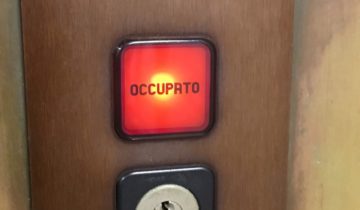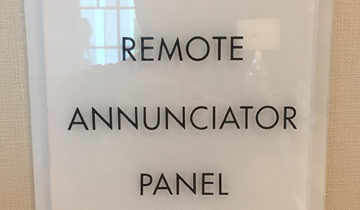Friends of mine who are fluent in more than one language have told me that understanding humor in a second (or third or fourth) language often comes long after they are “fluent” in that language. Apparently the subtleties of the language and the culture that define what is humorous often take longer to learn than just learning the correct vocabulary and grammar.
So I am wondering, is humor the “hardest” thing to learn in a new language or is there something that takes even more familiarity and understanding?





I have trouble understanding it in English sometimes, let alone Spanish (my attempt at a second language). 🙂
Love is by far more difficult. Oh, and also calls on the soccer field.
Me gusta fútbol. Vive España!
I’ve heard that it’s very difficult for non-native English speakers to pick up the nuances of sarcasm.
Irony is probably as tricky as humour. I’m not sure you have it in America. (and if Alanis Morissette was singing for Canadians they certainly don’t have it)
Irony is itself difficult which itself is ironic– no, wait. Its not. Huh.
Learning humor takes time, even if only passing from one form of English to another!
Having moved to the UK in the first season of The Office (the original one, with Ricky Gervais), I laughed my way through the series.
However, it was only in the second season that I truly understood and appreciated the comic genius of the show. With another 12 months of UK living under my belt, my knowledge of British usage of intonation, dry humor and cultural idioms enabled me to get so many more jokes that I must have certainly missed in the first season.